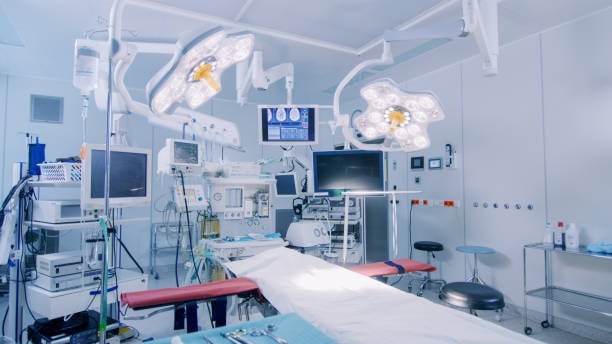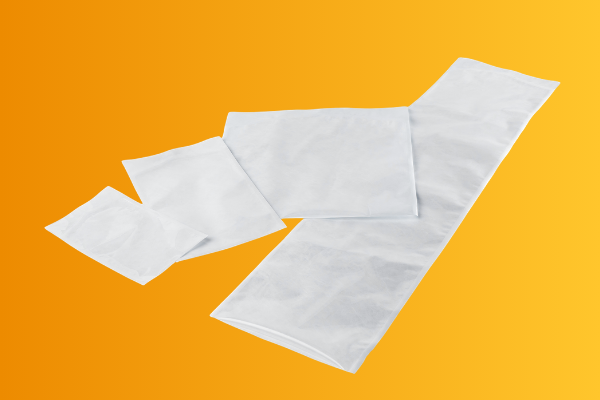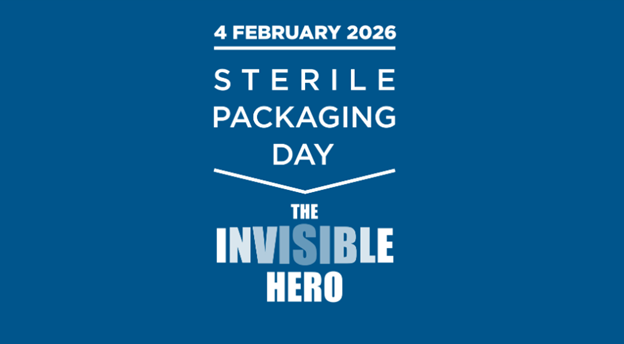“They”
“They.”
An entity all its own:
“Why did THEY make it this way?”
“What were THEY thinking?”
How many times have I uttered those or similar phrases about “they” in my career?
Who are “they” anyway?
In my case, my “they” has often been the people who wrote the ISO 11607 or ASTM standards that we use to test our packages.
We use and reference standards and test methods every day in our work. We often discuss them, trying to understand exactly what the words are telling us – the language often seems encrypted and esoteric, even passive in nature. I’ve had many a discussion dissecting a single word and how it is being applied, with no real answer to what is correct or intended.
So, how DOES one find the answers to the questions about what “they” were thinking?

The answer is to become one of “them” through participation in industry groups:
-
American Society for Testing and Materials (ASTM)—it isn’t a secret club that allows only a few select people to join. There’s plenty of work that needs to be done, and questions we need to be asking and answering as an industry: is this the best we can do? What else should we be doing or assessing? How can I contribute to making it better?
You can join ASTM here. Companies are encouraged to have multiple members participate on a committee. A caveat to committee participation is that there can be only one “official” voting member per organization, so you’ll have to determine that representation in-house D10 on Packaging (includes D4169 and other standards) and/or F02 on Primary Barrier Packaging (includes many of the “F” prefix standards commonly used in medical packaging) are the two main committees that manage the majority of the standards used by the medical device industry.
After selecting your committees, you’ll choose which online volume version you’d like to have access to. Access to the standards you’ll discuss within subcommittees is part of your membership. Select “Online Volume, Member Version - Section 15, Volume 10 - Packaging; Primary Barrier Packaging; Cannabis.” It will provide you with all of the ASTM standards you’d typically use to qualify your packaging. www.astm.org
-
AAMI – This is the organization that administers the US Technical Advisory Group to ISO/TC 198, including the US mirror group (AAMI ST/WG 7) to the ISO/TC 198 working group responsible for developing and maintaining the ISO 11607 series. AAMI’s policies for participating in AAMI standards development activities vary by stakeholder group. For representatives from corporate entities who want to get involved, a starting point is to determine whether your company already has a relationship with AAMI, and if so, who serves as the primary corporate representative from your organization. Once you find that person, you will need to determine whether your company has already assigned a primary and/or alternate member to participate in AAMI ST/WG 7. If your company agrees to add you as their representative to AAMI ST/WG 7, your company’s primary corporate representative will need to notify the AAMI Standards team that you are being added to the standards group roster.
-
Institute of Packaging Professionals (IoPP)—If you’re not interested in becoming a member of ASTM or AAMI, becoming a member of IoPP is another good option. While IoPP does not create standards, per se, there is the Medical Device Packaging Technical Committee (MDPTC) that focuses on medical device packaging. The MDPTC has a variety of programs (Tech Talks, University Outreach, Fundamentals of Medical Device Packaging course, etc.). These programs allow you to be active in the community in a less formal setting. iopp.org
-
Kilmer Innovations in Packaging (KIiP)—If you’re a super med dev packaging geek, like me, you can seek out the new KliP group that was formed following Johnson & Johnson’s 2019 Kilmer Conference. The intent of this group, in Kilmer Conference form, is to drive innovation through collaboration. KliP is completely voluntary and somewhat “off the radar,” especially from most medical device organizations, but we have great aspirations to influence the industry through science in packaging. Find us on LinkedIn, if you want to get involved (https://www.linkedin.com/groups/12301596/).
As a member of each of these groups, I am officially part of “they!” YOU can now be part of “they,” too, using the information I’ve shared to help you get involved.
It was an honor to be invited to write in this forum, but what a strange time to be doing so! At the same time, I can’t think of a better time to discuss this topic. Those who know me well know how passionate I am about medical device packaging and how it contributes to patient safety, which can ultimately boil down to you or me. I felt this from the first day I stepped foot into a medical device manufacturing job as a co-op student in college. I fell in love instantly. The mantra that greeted me was, “everything you do, EVERYTHING, should be with the betterment of the patient in mind. It could be your mom, sister, friend that need these products. Make ALL of your decisions with that in mind. Always.”
While my undergrad is technically Manufacturing Systems Engineering, my co-op employer placed me “on the floor” with the Sterile Packaging operations and from there, my love affair with medical device packaging commenced. I haven’t looked back. The more I know, the more I want to know, so I can work on making it better for us all. The people I got to work with that first co-op term of working in medical devices, with their inviting nature, the conviction with which they did their jobs, and the education they gave me have stayed with me through almost 30 years in industry. I love talking about medical device packaging, fighting for its importance, and knowing that what I do INDEED impacts people’s lives – all day, every day. Which is what brought me to the topic I chose to discuss for this blog…
In closing, you may be asking, what’s in it for me? The bonus part about being involved in industry organizations – in addition to knowing what’s going on, what’s coming up, and being part of the conversation? The friends you make. The friendships I’ve formed through these organizations and working together are priceless and I’m grateful for them.
Questions about any of these groups? Just ask any of us industry veterans. We’re all pretty fired up about moving things forward by driving innovation in our field to improve patient safety and welcome any newcomers that have the same passion!



